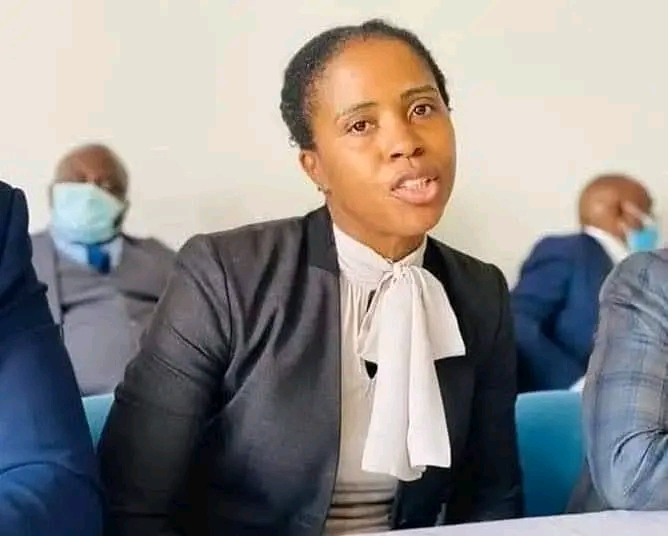Tasila Lungu’s Case Sparks Debate on Justice, Corruption, and Property Rights in Zambia
The ongoing legal proceedings involving Tasila Lungu, former President Edgar Lungu’s daughter, continue to divide public opinion in Zambia. With the Drug Enforcement Commission (DEC) pursuing her over allegations of financial misconduct and the Court of Appeal recently restoring her control of a K8 million farm in Sinda District, the case highlights the complexities of balancing accountability, property rights, and due process in a democracy.
On December 24, 2024, DEC announced that Tasila was on its most-wanted list for alleged involvement in acquiring unexplained wealth. DEC Director General Nason Banda has since reaffirmed the commission’s resolve, stating, “Nobody should ever think they are smart when it comes to the law. If we want you, you will be brought to book.” Despite these strong words, Tasila’s whereabouts remain unknown, sparking questions about the commission’s effectiveness in high-profile cases.
However, the Court of Appeal’s ruling on January 24, 2025, added a new twist to the case. Judge Kelvin Muzenga allowed Tasila to regain control of the farm, which had been forfeited to the state by the Economic and Financial Crimes Court in September 2024. The court cited concerns over “unexplained wealth” at the time, arguing that her known income did not align with the property’s value. While Tasila’s legal team hailed the decision as a victory for due process, the court imposed a restriction barring her from selling or transferring the farm until the case is fully resolved.
“This decision restores Ms. Lungu’s rights to her property while ensuring that due process is followed,” said her lawyer, Charles Chingano.
The case has drawn mixed reactions from the public. For some, it symbolizes a robust legal system that respects individual rights and ensures fair treatment. For others, it raises concerns about whether the fight against corruption is being diluted by political influence or bureaucratic inefficiency.
“This is not just about one individual or one property,” said political analyst Dr. Mutale Mwandu. “It is a test of whether Zambia can truly hold individuals accountable, regardless of their social or political standing, while respecting the principles of justice.”
Critics of the decision argue that it sends a discouraging message to law enforcement agencies. “What happens to the fight against corruption if cases like this are prolonged without resolution?” asked activist John Zulu. “We need stronger coordination between the judiciary and investigative agencies to ensure timely outcomes.”
Others, however, have defended the court’s decision, emphasizing the importance of adhering to legal procedures. “We must resist the urge to convict individuals in the court of public opinion,” said lawyer and governance expert Thabo Phiri. “Justice must not only be done but be seen to be done.”
The government under President Hakainde Hichilema has made anti-corruption efforts a cornerstone of its agenda. High-profile cases like Tasila’s serve as a litmus test for those promises. While arrests and investigations have been launched, the slow progress in concluding such cases risks eroding public trust in the justice system.
As the case progresses, Zambians are left to grapple with critical questions: Can the country balance the demands of justice with the protection of individual rights? And will the fight against corruption yield tangible results, or will it falter under the weight of political and institutional challenges?
For now, the spotlight remains on both the DEC and the judiciary as the public waits for clarity on a case that has come to symbolize Zambia’s broader struggles with governance and accountability.
Kumwesu January 24, 2025
Tasila Lungu’s Case Sparks Debate on Justice, Corruption, and Property Rights in Zambia
